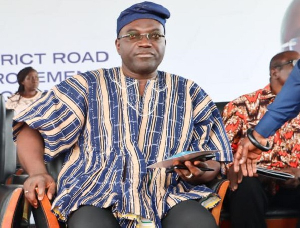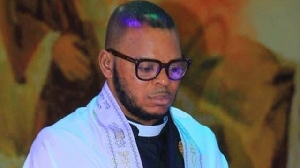The Nigeria Centre for Disease Control has said not every state requires a molecular laboratory to test for coronavirus.
The media aide to the NCDC Director General, Emeka Oguanuo, said this in an interview with The PUNCH while addressing the non-existence of COVID-19 labs in border states including Zamfara, Katsina, Kebbi, Yobe, Jigawa and Adamawa.
According to Oguanuo, labs of that nature are not built overnight.
He explained that so long as the states had an effective sample collection infrastructure, they could affect the diagnosis of COVID-19 patients in their states.
The NCDC spokesman said, “Inasmuch as we are trying to increase our testing capacity, the idea is not that, at the moment, every state must have a testing lab for coronavirus in the interim.
“Rather, it’s a longer-term strategy for every state to have a diagnostic capacity for these infectious diseases. These are not things you build overnight.
“It was because some states already had a laboratory diagnostic infrastructure that the labs you see were easily repurposed for coronavirus testing. If those labs were not in existence, we would be talking about starting from scratch.”
Oguanuo stated that the long-term plan was to have the requisite infrastructure in each state, “which is why we urge states to ensure they have a lab for this.”
He added, “If, for instance, Gombe, Zamfara and Katsina, have labs that can do polymerase chain reaction testing already, and they, to a large extent, have standard operating procedures that guide their work, it would make it easier for the NCDC to just provide them with reagents and guidelines, and train their staff.
“Even if the state does tests, we have a very effective transportation mechanism for sending samples to the nearest labs and that is what all the states that do not have labs are doing.
“About two months ago, when we recorded our first case, we just had one lab that could diagnose. Now, we have 18. So, it’s a remarkable progress.”
Africa News of Wednesday, 6 May 2020
Source: punchng.com

















